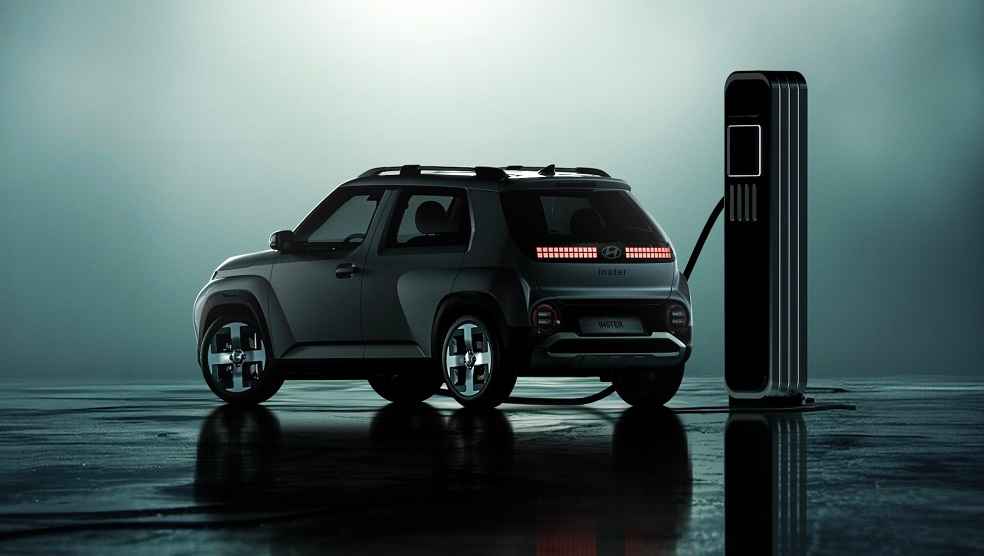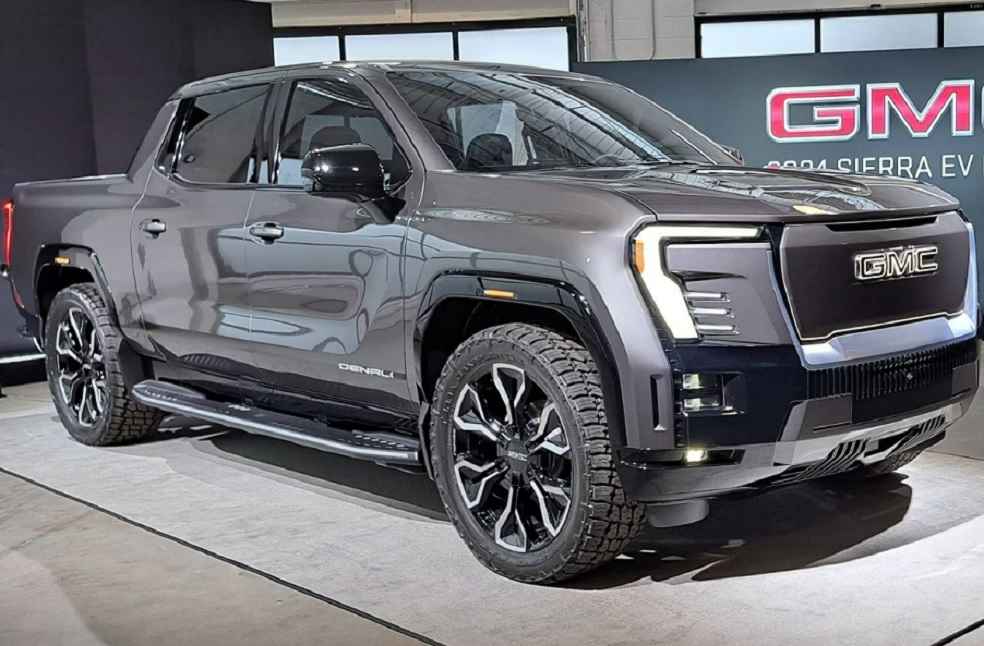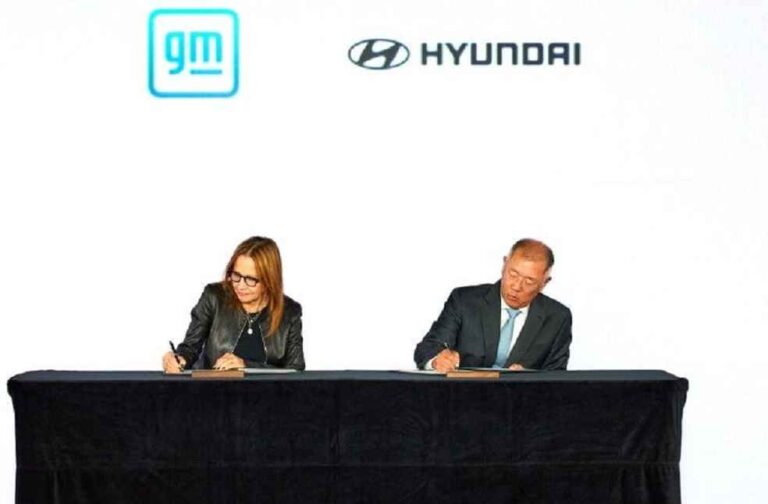General Motors (GM) and Hyundai Motor have taken the first steps towards a groundbreaking alliance, focusing on key areas of shared interest: passenger and commercial vehicles, electric mobility, and essential raw materials. As cost pressures intensify and the race to scale production quickens, this potential partnership could redefine the competitive landscape of the automotive industry.
Blueprint for Collaboration
The two automotive giants formalized their intent with a memorandum of understanding signed by GM’s CEO Mary Barra and Hyundai Motor Group’s Executive Chairman Euisun Chung. The agreement sets the stage for an immediate evaluation of cooperative projects. Among the key areas are vehicle development, clean energy technology, electric and hydrogen advancements, and internal combustion engine production.

Driving Efficiency and Market Reach
Pooling resources, particularly in sourcing raw materials like steel and battery components, offers both companies a chance to optimize operations and drive down costs. This potential collaboration signals a shift towards smarter, faster delivery of new products, tapping into market demands for electric vehicles and clean technologies.
Key Details Yet to Emerge
While specifics such as capital investment or targeted markets remain under wraps, Barra indicated that the partnership could lead to more disciplined capital allocation strategies. This venture aims to leverage both companies’ technological capabilities, positioning them to challenge leading automakers on a global scale.

Strategic Leap for Hyundai
Hyundai, known for its strong internal collaborations, especially with Kia, rarely pursues deep international partnerships. GM, on the other hand, has a history of joint ventures, from Fiat and Suzuki to its current tech collaboration with Honda on hydrogen fuel cells and autonomous driving. This new agreement represents a significant departure for Hyundai and a potential revival for GM’s presence in South Korea.
A Partnership Poised for Global Impact
Should the collaboration proceed, GM and Hyundai stand to reshape the industry, with combined global sales exceeding 10 million vehicles annually. Such a scale puts them in the same league as automotive powerhouses Toyota and Volkswagen, positioning the partnership to meet the ever-growing demand for cleaner, smarter vehicles.
KNOWLEDGE | German Auto Industry Backs EU Green Goals, Demands Practical Fixes





